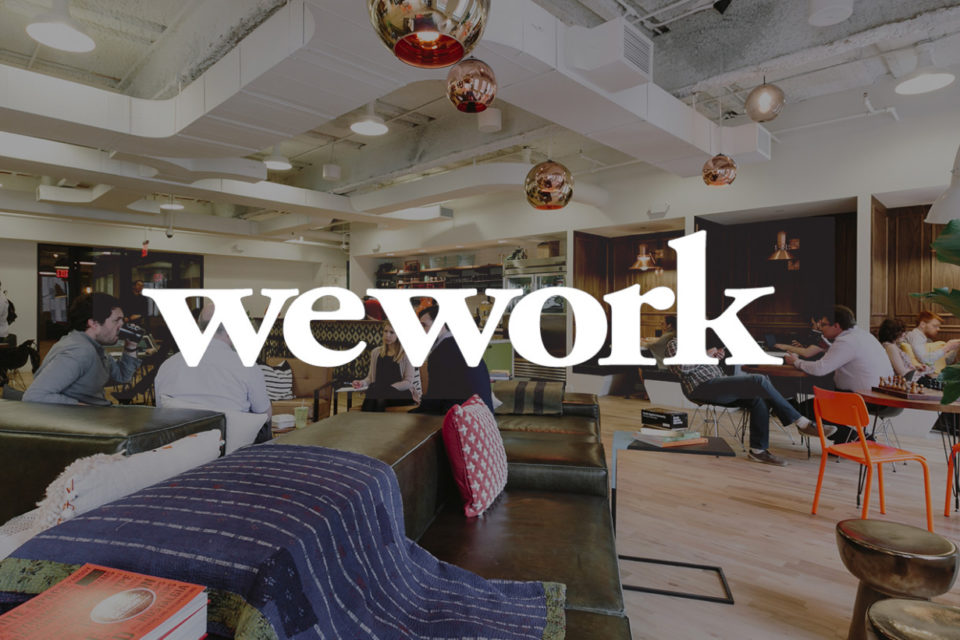Embattled co-working startup WeWork losses widen to almost $1 billion in its first quarterly report as a public company

The last time we covered WeWork was back in March when the embattled co-working startup announced its plan to go public in a $9 billion SPAC deal after losing a whopping $3.2 billion in 2020. Then on October 21, WeWork finally made its long-awaited public debut on Nasdaq stock change two years after many failed attempts valuing the company at roughly $9 billion, a huge drop from 2019 valuation, when it was privately valued at $47 billion by SoftBank Group.
Today, WeWork announced its first quarterly report as a public company. WeWork said its total revenue for the third quarter ended September 30 was $661 million, up 11% from the previous quarter. However, WeWork is still not out of the woodwork yet. It reported a net loss of $844.3 which equals $4.54 per share. The announcement marks the office start-up’s first earnings report since going public through a SPAC merger in October, almost two years after its botched IPO.
In May, WeWork lost $2.1 billion and more than one in four of its customers during the first quarter, according to a report from the Financial Times. It’s not all bad news for WeWork. The company said its physical memberships grew to 432,000 with a 56% occupancy rate. In addition, all Access memberships increased to 32,000 by the end of September or 60% over the previous quarter. The company also ended the third quarter with cash and unfunded cash commitments of $2.3 billion.
WeWork was founded in 2010 by Adam Neumann and Miguel McKelvey. It provides members around the world with space, community, and services through both physical and virtual offerings. Its mission is to create a world where people work to make a life, not just a living. As of Q2 2019, WeWork had 528 locations in over 111 cities and 29 countries. WeWork reported a third-quarter loss of $1.3 billion from a revenue of $934 million in 2019. The office-sharing startup currently has about 650,000 subscribers worldwide and hopes to hit 1 million by early 2021.
Since its inception eleven years ago, the New York-based company has been plagued with setbacks and failures. As we noted back in October 2019, WeWork laid off a quarter of its 12,500 employees, fired its CEO Adam Neumann, and canceled its planned IPO.
Before going public, WeWork raised over $20.6 billion in funding over 17 rounds. Its latest funding was raised on Aug 14, 2020, from a Debt Financing round. The startup is funded by 18 investors. SoftBank and Goldman Sachs are the most recent investors.
In January 2020, investors saw the writing on the wall and ran for cover after the botched IPO. Here is how Reuters reported the story back then: “More than a dozen Silicon Valley-based lawyers, entrepreneurs and venture-capital investors told Reuters that since the embattled WeWork’s canceled public offering and other ill-fated IPOs, investors have been securing protections of their original investments in “unicorns” – private companies valued at $1 billion or more.”
In October 2018, after the failed IP attempt, SoftBank took control of the struggling real estate startup WeWork slashing its valuation from $47 billion between $7.5 billion to $8 billion. In November 2019, WeWork reported a net loss of $1.25 billion, surpassing its sales. The third-quarter loss more than double its loss from the same period the previous year.

